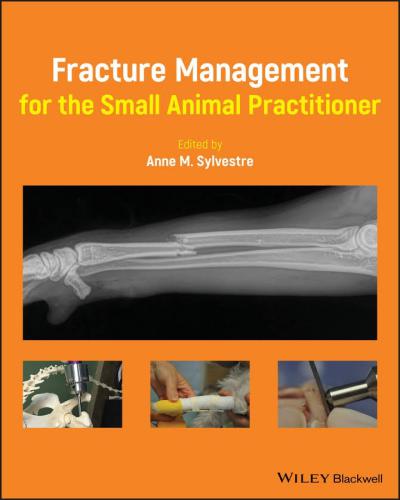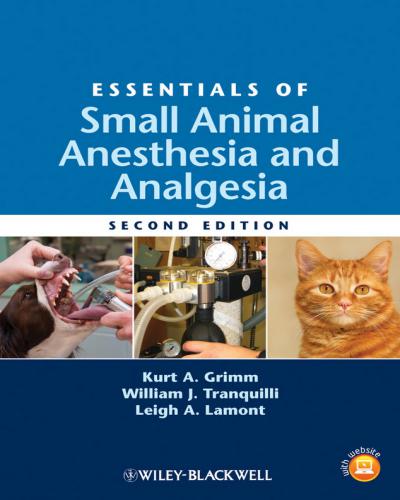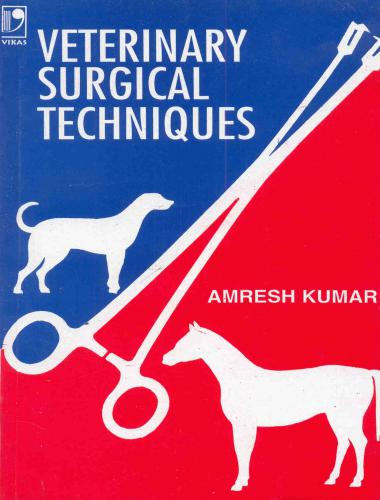Fracture Management for the Small Animal Practitioner By Anne, The contributing authors who have helped with this book were chosen because of their experience and extensive association with general practices.
Fracture Management for the Small Animal Practitioner

Often we are asked how to help an animal with a fracture when surgery is not possible at all: perhaps because the owners have very limited funds, or there is no owner, or no proximity to a veterinarian with fracture repair expertise. It is in these situations that we are called upon to stretch the boundaries of what can be done, with reasonable hope for a positive outcome and humane convalescence. Unfortunately, euthanasia is often chosen. It is a shame that an animal has to lose its life just because of a broken bone.
The goal of this textbook is to help the practitioner guide the client to make informed decisions that will best suit them and their pet.
There is often more than one way to deal with a fracture. The best repair method may not always be possible. The point is to give the client some options and to ascertain that they understand what the possible care and outcome may be. Oftentimes, in order for a pet owner to make an appropriate decision, they need to hear the conviction in their veterinarian’s words and voice and they may also need to be reminded of the value and enrichment that their pet brings to the family.
The first section has general information about fractures and detailed information on managing the patient.
The second part is composed of two sections that contain information on the various types of fractures and luxations sustained by dogs and cats. Details on the best method of repair, prognosis and postoperative care, potential complications, level of difficulty of the repair, and finally alternative management methods and their expected outcome are provided. The goal here is to give the general practitioner easily accessible information to help educate the client. There are three types of pet owners: those that will do everything for their pet, those that will do nothing, and all of the ones in between. It is this last category of client that will require compassionate yet strong, definitive words to help guide them to the best solution for their pet.
The last section deals with various repair techniques and how to perform them. This section contains practical tips and is intended as an adjunctive source of information for the practitioner who has had some practical continuing education in fracture repair techniques.
[expand title=” “]
| PDF Size: 34 MB | Book Download Free |
[/expand]
Password: pdflibrary.net






